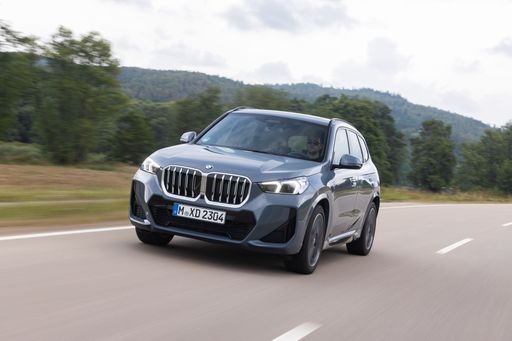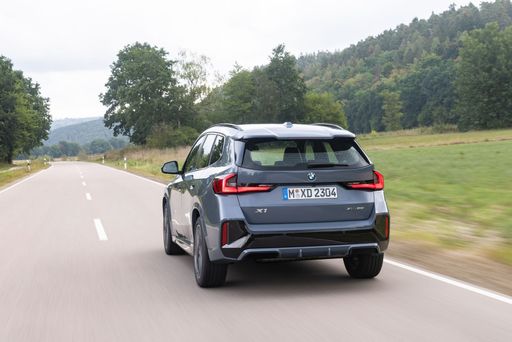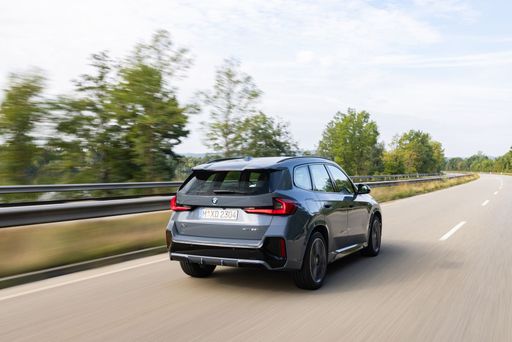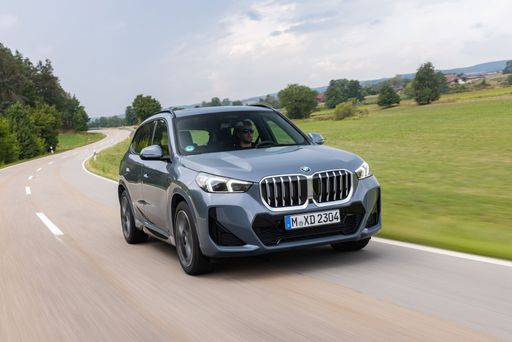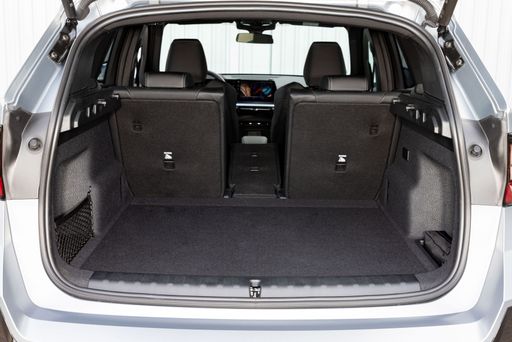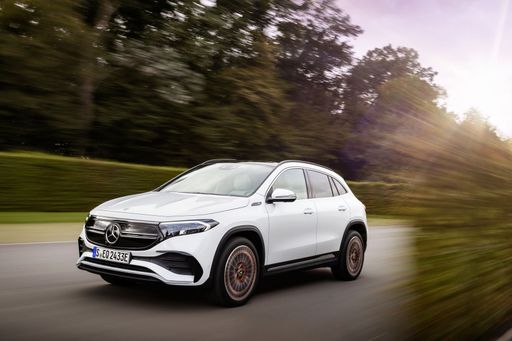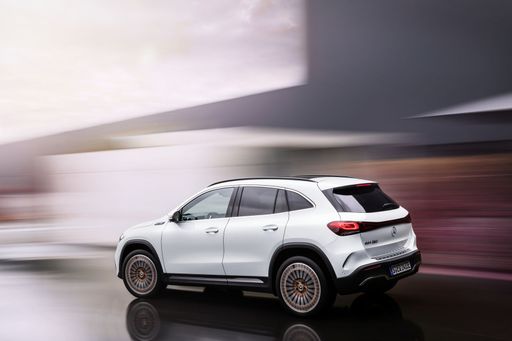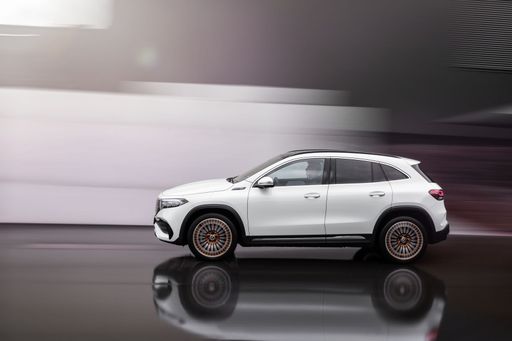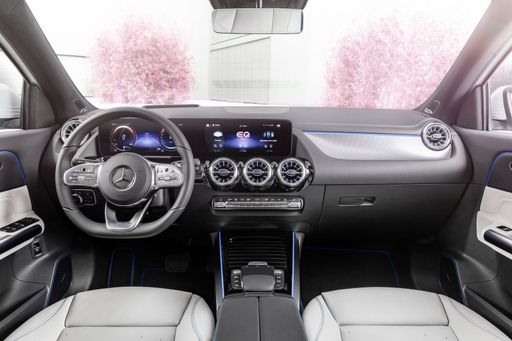Introducing the Rivals: BMW X1 vs. Mercedes EQA
In the domain of luxury compact SUVs, BMW and Mercedes-Benz are titans that continually set the benchmark for innovation, style, and performance. This year, the BMW X1 and the Mercedes EQA emerge as two of the most compelling options for those seeking cutting-edge technology and exceptional driving experiences. These vehicles represent the core values of their brands while introducing progressive advancements in the realms of efficiency and sustainability.

